
Brazil, Dispatches, United States
Wikileaks Cables Portray A Different Side Of Brazil’s Lula da Silva
December 15, 2010 By Nikolas Kozloff
While many on the international left may extol the rise of Luiz Inácio “Lula” da Silva and his Workers’ Party (PT, in Portuguese), which formed part of the so-called “Pink Tide” in South America, Wikileaks documents paint a much more ambiguous picture of Brazil’s emergence on the world stage. The leaked U.S. cables, which chronicle Lula’s eight years in power, show a leader all too willing to placate Washington and double-cross fellow leftists throughout the region. To be sure, Lula helped to alleviate poverty during his two terms in office, but the documents do not suggest that the Brazilian leader is overly concerned with furthering radical change in the wider region. To the contrary, they depict Lula and his circle as obsessed with promoting regional “stability” under their leadership and reviving the military, all in the name of fostering Brazil’s quest for “national development.”
Lula Circle Placates Otto Reich
In late 2002, Lula had just won the presidential election and was waiting to assume office. Just a few months earlier, the Bush administration had helped aid rightists in Venezuela as they staged a coup against democratically elected leader Hugo Chávez. In advance of the coup, Assistant Secretary of State Otto Reich reportedly met with alleged coup plotters, including dictator-for-a-day Pedro Carmona, at the White House.
President-elect Lula and senior members of the Workers’ Party held a “warm and productive meeting” with Reich in Brasilia, where Lula, who was “upbeat,” said he was looking forward to meeting President Bush for the first time on an upcoming trip to Washington. Brazil’s image had suffered in recent years, Lula explained, and the Workers’ Party wanted to reverse the international view that government officials were a “bunch of irresponsible thieves” and Brazil was “another Colombia.”
When Reich expressed concern about Workers Party links to the wider South American left, one PT leader downplayed the contact and remarked that these unreconstructed, “outdated” leftists could learn a lot from the PT model emphasizing economic development. Brazil, the party official added, would be interested in holding talks on Bush’s Free Trade Area of the Americas (FTAA) and said the country fully supported Washington’s right to defend itself against terrorist attack. PT president José Dirceu chimed in on the issue of terrorism, noting that if FARC guerrillas ever crossed into Brazil from Colombia, the authorities would surely flatten them.
The Super Tucano Imbroglio
Lula’s political circle desired to portray itself as a responsible player in the eyes of the Bush administration, which would lead it to take some questionable positions in wider South America. One very damning cable from 2006, for example, shows the Lula administration torn between Venezuela on the one hand and Washington on the other. If the document is to be believed, Brazilian diplomats charted a particularly unscrupulous and opportunistic foreign policy [Lula recently came out in support of Wikileaks and Julian Assange, suggesting that the Brazilian may not dispute the actual facts presented in U.S. cables].
Having beaten back U.S.-sponsored destabilization, Chávez was looking to fortify his military. But, Venezuela was in a bind as Washington had put the squeeze on Chávez by delaying the delivery of spare parts for the Andean nation’s existing F-16 fighter planes. As an alternative, Chávez turned to Brazil, a country which was fast developing its own aerospace industry. Venezuela, which had friendly ties to Brasilia, requested the purchase of Super Tucano fighter planes from the Lula government.
Yet, Chávez was frustrated once again when Washington disallowed the purchase on the grounds that the Tucanos contained spare parts from the United States. Growing increasingly embarrassed by the incident, Lula sought a compromise. In Caracas, Brazilian ambassador to Venezuela, João Carlos de Sousa Gomes, met with U.S. ambassador William Brownfield and proposed a kind of trade: Lula would offer political support to the Chávez opposition group Súmate and in exchange the Bush administration would provide the necessary trade licensing for U.S. components in the Tucano planes.
In making his pitch to Brownfield, de Sousa sought to cast Brazil as a responsible player in the region. If the United States allowed the military sale to go forward, the diplomat argued, then Brasilia could exercise a “moderating” influence on Caracas. However, if the Tucano deal failed to materialize, then Brazil would enjoy no such political leverage. Brownfield wasn’t too impressed by the conversation, remarking that the deal sounded “like a bad trade to us.” However, the U.S. ambassador suggested he might be open to a trade if Brazil “would be willing to discuss help regarding Venezuela’s push for a non-permanent United Nations Security Council seat.”
About Nikolas Kozloff
Nikolas Kozloff is a New York-based writer specializing in political and environmental topics. A former academic, he received his doctorate in Latin American history from Oxford University in 2002. Prior to writing his first book, he worked as a Senior Research Fellow at the Washington, D.C.-based Council on Hemispheric Affairs, where he conducted research papers on Venezuela. He has provided political analysis on Latin America for such media outlets as BBC, WNYC's Brian Lehrer, C-SPAN Washington Journal, and even put in a guest appearance on the Daily Show with Jon Stewart. Though he writes frequently on Latin America for such online publications as the Huffington Post, in more recent years he has focused increasingly on environmental topics.
< Previous Article
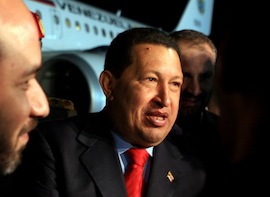
December 15, 2010 > Staff
Chávez Asks Venezuela National Assembly For Decree Powers
Next Article >
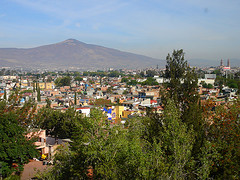
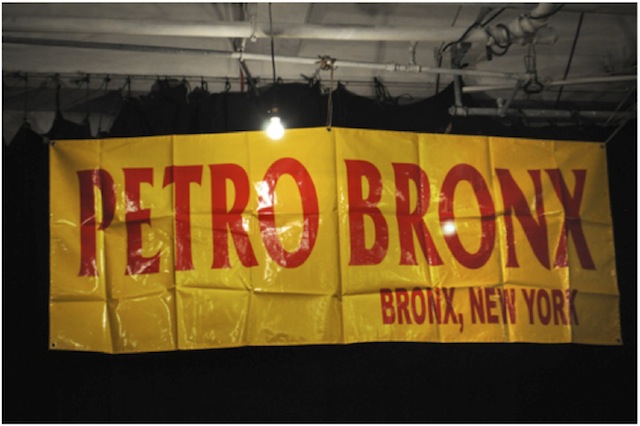
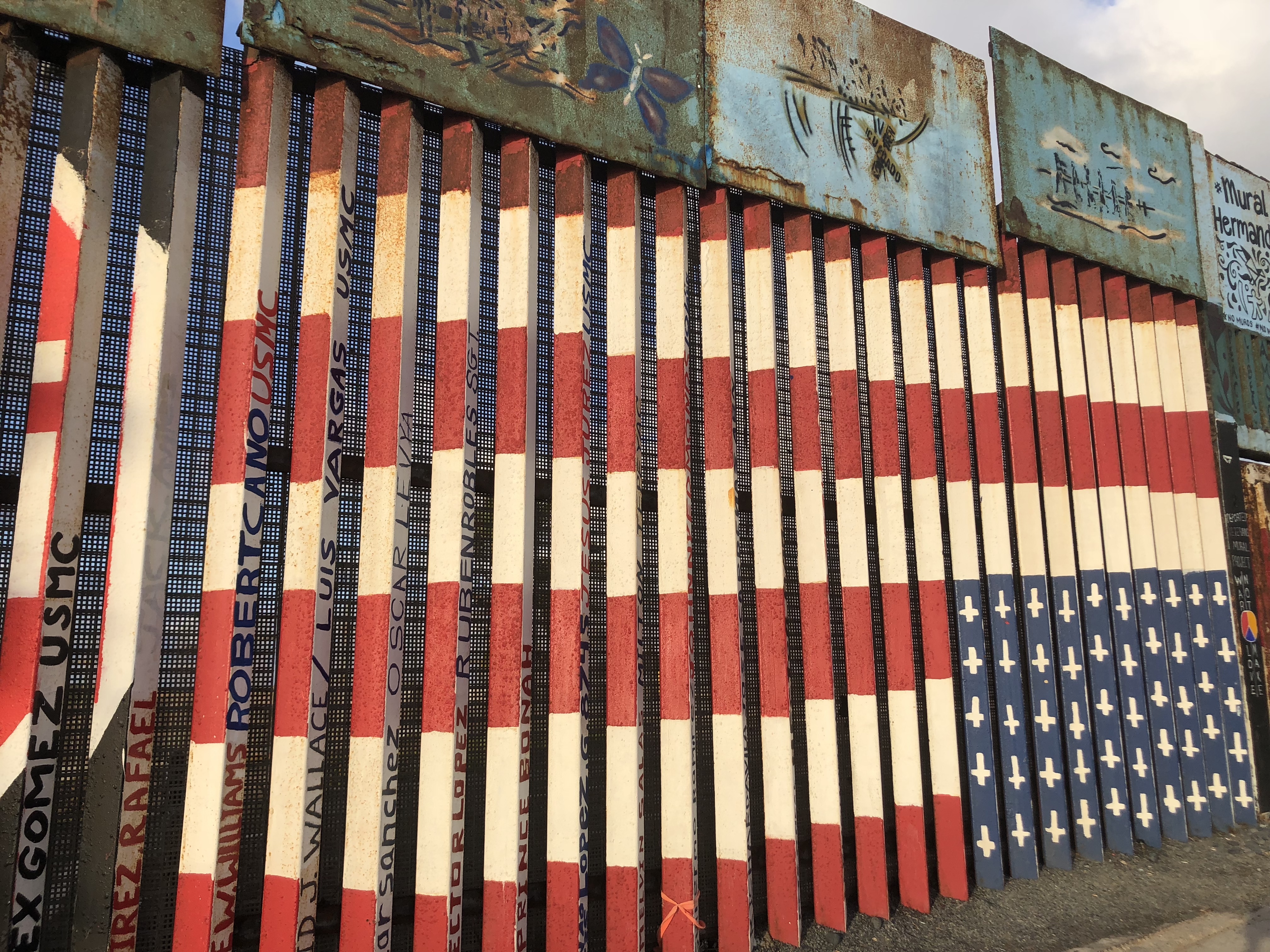
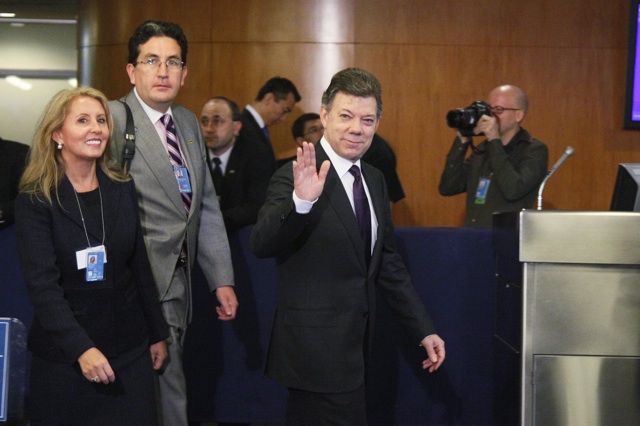

5 Comments
[…] https://latindispatch.com/2010/12/15/wikileaks-cables-portray-a-different-side-of-brazils-lula/ […]
[…] Wikileaks cables reveal a different side of Brazil’s Lula da Silva, Latin America News Dispatch […]
That Wikileaks is a very sophisticated and elaborate subterfuge for disinformation.
The goal of that potpourri of good and and false information is to divided and conquer. Caveat emptor– Let the buyer beware.
I understand that by including the rest of Latin America in this article things just get way too complicated, but without Mexico, Argentina or even Spain it’s hard to see Brazil being the “main cop on the beat.” Brazil is in many ways a similar position to China, a poor but developing country which is only just now starting to manage overwhelming internal problems. Brazil has a very long way to go before projecting its power in South America. I can see a plurality of Brazilian interests trying to influence UNASUR in the future- a la Germany, but I don’t see Brazilians interested in US style regional hegemony.
This is a well researched article. Great job. A lot of the revelations we suspected already (the pragmatiism, the desire not to aly Brazil with the hard left, the lack of real conflict between Brazil’s rise and US interest), but it’s interesting to get this inside view.
Comments are closed.